‘Hezbollah boosted missile power as Israel intensified aggression in Syria’
A new article published in Israeli media says Lebanon’s Hezbollah has in recent years been strengthening its missile power while the Israeli regime has been intensifying its aggression against Syria.
Titled “Is Israel ignoring the biggest strategic threat it faces?” the opinion piece is written by Alon Ben-David, a military commentator of Israel’s Channel 13 TV.
Israel is intensifying its acts of aggression against Syria, but they have not stopped Hezbollah's efforts to establish an independent capability of producing and manufacturing accurate missiles on Lebanese territory, the article read.
“The main strategic threat facing Israel is not located in Syria, but in Lebanon, and as it stands, Israel is avoiding dealing with it,” it added.
“Several estimations indicate that the organization has managed to accumulate a few hundred mid to long range accurate missiles by now. It seems that the organization does not yet have complete manufacturing capabilities of such missiles but it continues its efforts of converting "dumb" missiles into accurate ones.”
Lebanon fought off two Israeli wars in 2000 and 2006. On both occasions, battleground contribution by Hezbollah proved an indispensable asset, forcing the Israeli military into a retreat and shattering the myth of Israel’s invincibility.
Lebanon and the occupying entity are technically at war since the latter has kept the Arab country’s Shebaa Farms under occupation since 1967.
“In the past, the IDF (the Israeli military) defined the threat of accurate missiles from Lebanon as a strategic threat on Israel. When Hezbollah is able to make it rain missiles on the Kirya in Tel Aviv - not somewhere around it, between Kaplan Street and King Shaul Avenue, but exactly on the IDF's headquarters located at the heart of the base - that would be a capability that can shut down complete strategic arrays crucial to Israel,” the article read.
“In the years that followed the retreat from southern Lebanon, the IDF watched as Hezbollah was hastening its efforts to arm itself and told itself that "the rockets will rust in warehouses." But then, in 2006, those non-rusty missiles dropped on us in the thousands, and took us by surprise. Hezbollah then owned about 14,000 rockets. Today it has about 70,000 rockets and missiles.”
'Resistance not futile'
Another article released by the American CounterPunch magazine on Friday said Hezbollah’s successes, both on the battlefield and on the electoral field, demonstrate that resistance against imperialism has not been futile.
“From its birth as an armed resistance to Israeli attacks on Lebanon over 35 years ago, Hezbollah developed into an institution that provided health and education services to the country’s neediest. After defeating the Zionist … in successive conflicts, it rode great mass support into the electoral sphere and now constitutes the key political force in Lebanon,” it underlined.
Hezbollah was established following the 1982 Israeli invasion and occupation of southern Lebanon. Since then, the popular resistance group has grown into a powerful military force.
The article also noted that Hezbollah has forged close ties with Syria through their battle against Wahhabi contras—such as Daesh or al-Qaeda—largely funded by Sunni extremists in Saudi Arabia.
“Through meticulous planning, battlefield tactics, courage in combat, and surprising intelligence and communications capabilities, Hezbollah soundly defeated the Zionist army and established a heroic stature for the Resistance, not just among Shias in Lebanon or Iran, but throughout the Muslim world and beyond,” it added.
“The IDF’s veneer of invincibility was shattered, and by extension the myth of US military might—the US had contributed $2.3 billion in military aid to Israel in 2006 alone, and over $100 billion since 1967.”
Hezbollah also contributed to Lebanon’s reconstruction after the 2006 war and founded a network of commercial and social organizations, the article emphasized, saying, “In the diminutive nation of Lebanon, which contains less than seven million inhabitants, the Resistance organized and defeated the military might of Israel and their US and European backers, and of Wahhabi and Salafist terrorists.”
It further quoted Beirut-based political analyst Laith Marouf as saying that Hezbollah enjoys public support in Lebanon.
“The majority of Lebanese support Hezbollah and its resistance to the Israeli occupation and plans to dominate Lebanon,” he said. “Hezbollah symbolizes sovereignty to the majority of Lebanese, no matter what their sect is.”
Marouf explained, “One of the most important things that Hezbollah did, beyond the liberation of Lebanon in 2000 from the Israeli occupation, and from Wahhabi contras’ occupation—what they call the second liberation, in 2016—is the network of social services it provides, not only to the Shia communities and their ghettos, towns and villages, but to a majority of the working class, because it offers all these services to anybody no matter what their sect it. That’s a huge achievement. Hezbollah created a parallel economy outside the control of the Americans… Remember that the central bank of Lebanon is basically controlled by the United States.”
“Some of the social services, beyond health, education and housing, that Hezbollah provides are banking, with zero interest loans for working class people, and even gas stations,” he added.
“In the last few years, the gas prices went up, under pressure from the United States and the collapse of the Lebanese lira. But it was Hezbollah’s network of gas stations that continued to provide gasoline.”
Over 2,000 Britons served in Israeli military during Gaza genocide: Report
Houthi: Iranian, Yemeni revolutions inspire Islamic nation in face of enemy plots
Iran defeating sanctions for decades since Islamic Revolution victory
AIPAC faces challenge as new PAC seeks to end US backing of Israel
VIDEO | Press TV's news headlines
Iran president hails ‘exceptional’ turnout in Islamic Revolution anniversary rallies
VIDEO | Pro-Palestine protesters rally in Melbourne on final day of Israeli president's Australia trip
Gaza genocide's death toll may exceed 200,000: Report




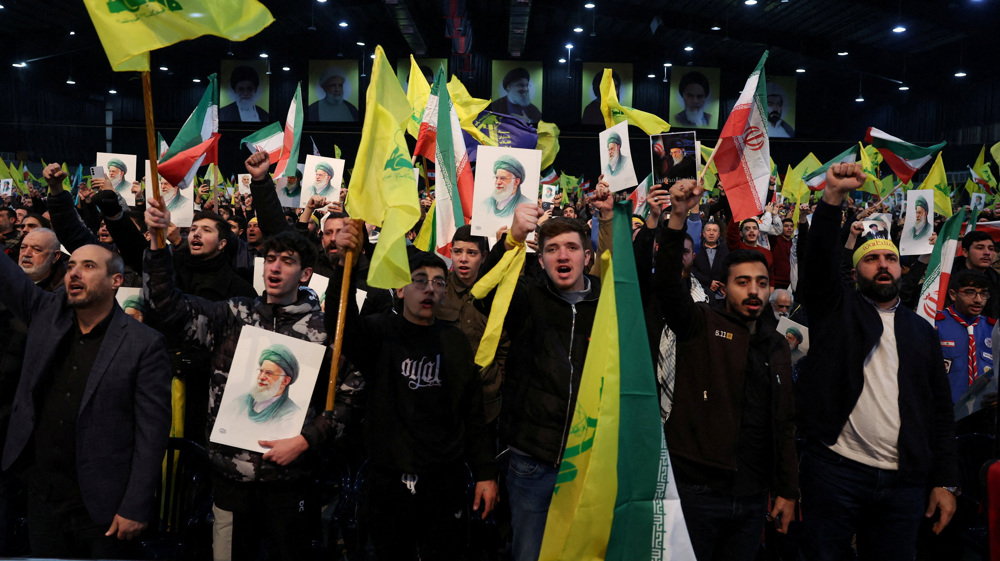
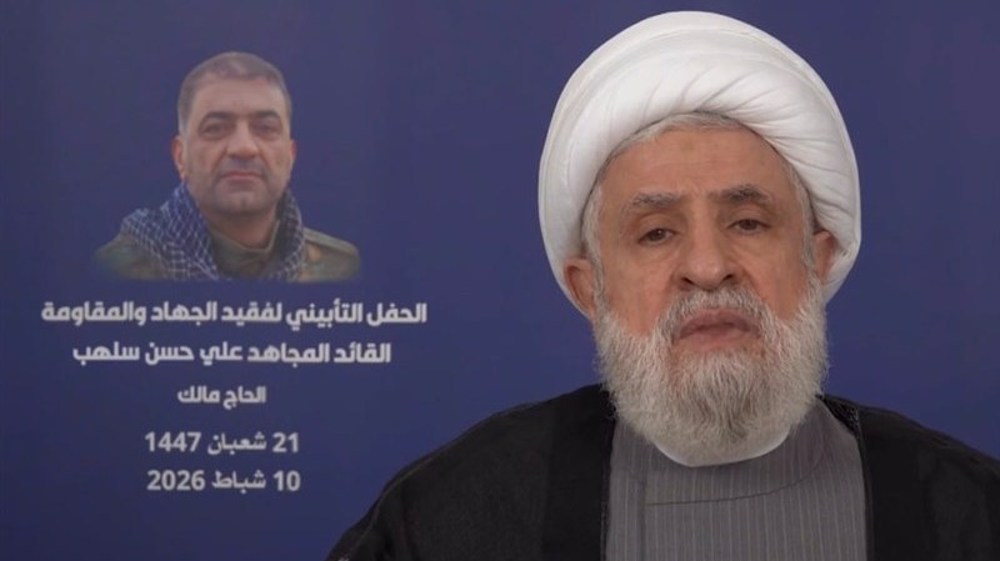
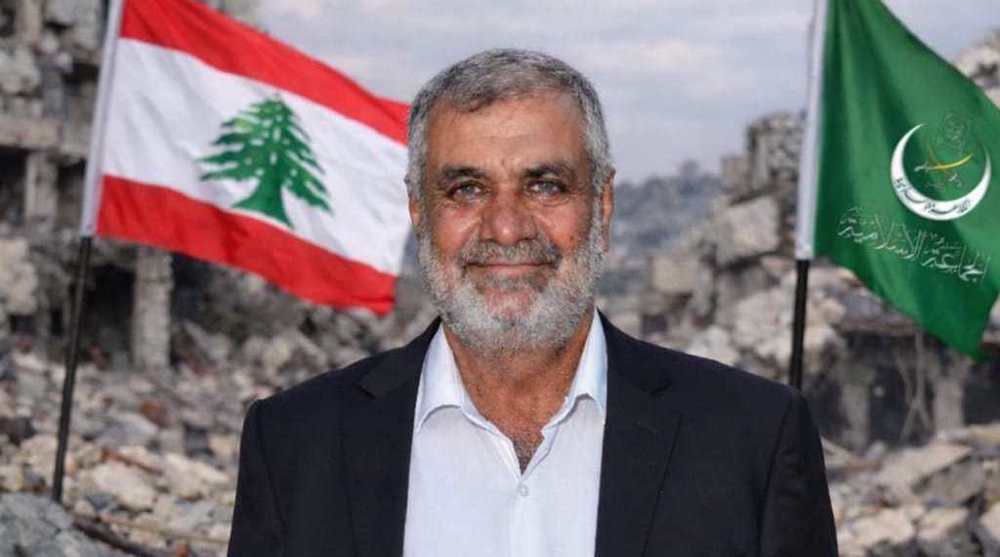





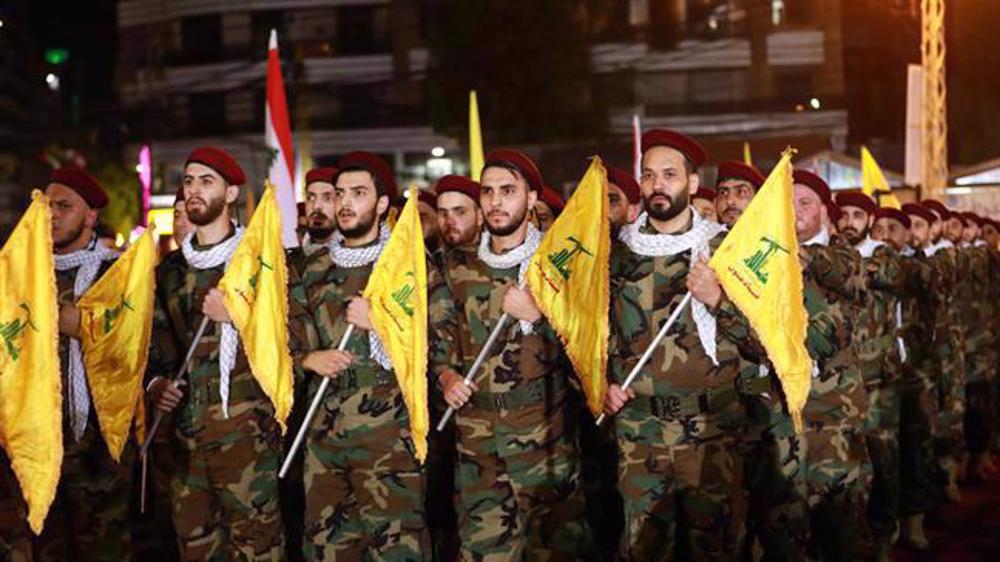


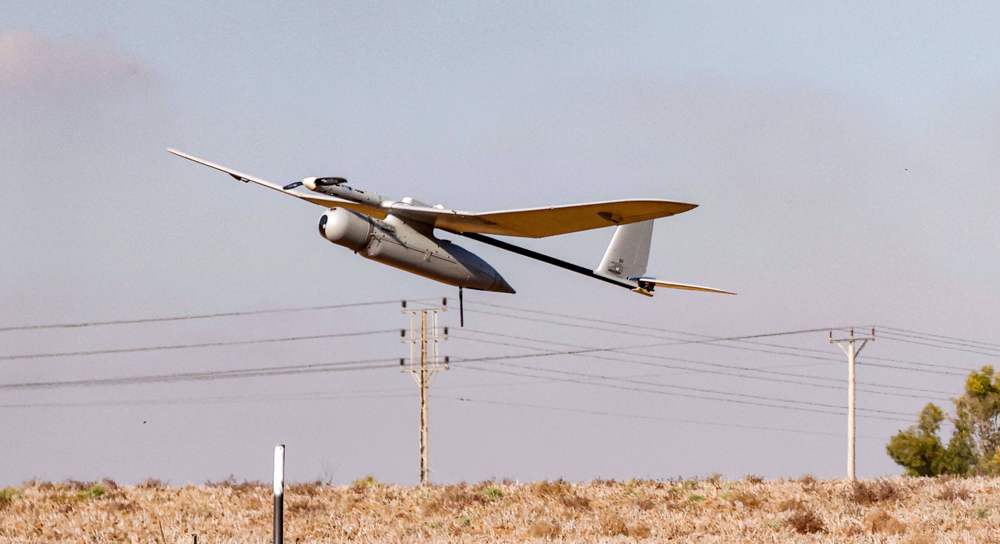

 This makes it easy to access the Press TV website
This makes it easy to access the Press TV website